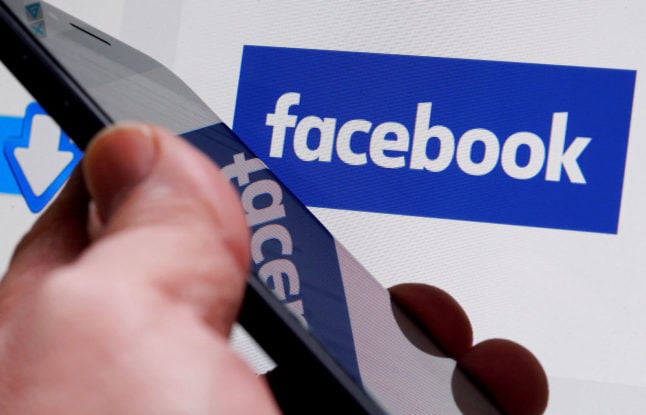Sweden’s tough new anti-piracy law has led to a sharp drop in illegal downloading but critics say the effects will be short-lived and argue it is an excessive breach of personal privacy.
Sweden’s legislation, based on the European Union’s Intellectual Property Rights Enforcement Directive (IPRED), is credited with a 30 percent fall in the country’s total web traffic the day after it came into effect.
Experts say that the drop in Swedish web usage is explained by the fact that illegal downloading represents between 50 and 75 percent of Internet traffic worldwide.
The new law, effective as of April 1, gives copyright holders the right to force internet service providers to reveal details of users sharing files, opening the way for legal action that could see downloaders pay damages and fines.
Data from Internet service provider Netnod show usage is still free-falling, four months after the law was passed.
In France, lawmakers have kept a close eye on Sweden’s approach to illegal downloads as they look set to pass their own anti-piracy bill later this year.
“It’s obvious that those who are using file-sharing have been scared and moved somewhere else, like streaming music sites,” said Daniel Johansson, a researcher at KTH Institute of Technology in Stockholm.
“Some popular Swedish artists have seen their downloading on websites like The Pirate Bay go down by up to 80 percent,” he added.
The Pirate Bay claims to have some 22 million users worldwide.
While unauthorized downloads are on the slide at a time when global record sales are booming, the amount of music bought from legal download sites have shot up by 57 percent compared to last year.
Music retailers say their overall sales have risen by 14 percent, according to data from IFPI, an association that represents the recording industry worldwide.
But it is not just music that is downloaded illegally — films and video games are also popular with Internet pirates.
Per Strömback, a spokesman for the Swedish Games Industry association describes Sweden’s tough stance on piracy as “a historic example of effective legislation”.
“No one could predict such a dramatic decrease in illegal traffic and not only that there’s also been a huge increase in the legal services,” he told AFP.
As yet, no one person has been charged under the new law but Lisa Cronstedt, a Sweden-based spokeswoman for IFPI, told AFP that the group plans to sue individual illegal file-sharers within the next month.
Five audio book publishers have already secured a landmark victory against Swedish Internet service provider ePhone when it refused to release data of customers believed to have downloaded copyrighted material illegally.
ePhone’s chief executive has said he plans to appeal the judgment, which said the company could be fined if it does not hand over the information.
Companies like ePhone fear they will lose customers if forced to release data such as Internet protocol (IP) addresses, which identifies which computers are used to surf the web.
Christian Engström, a member of the European Parliament and the deputy leader of Sweden’s Pirate Party, argues Internet users will be unfairly punished under the new legislation.
“This is a completely unequal law, where ordinary people will become scapegoats and will be asked for hundreds of thousands or millions of kronor by the industry,” Engström told AFP.
“I don’t think it will be efficient in the long run. I believe the traffic is going to climb up again after some months,” he said, adding that eventually people will find new ways to avoid being traced.
Engström’s party, which calls for greater web privacy and legalized file-sharing, soared in opinion polls shortly after a Stockholm court in April found the four Swedish men behind popular download site The Pirate Bay guilty of promoting copyright infringement.
In June’s European elections, the Pirate Party won just over seven percent of the popular vote.



 Please whitelist us to continue reading.
Please whitelist us to continue reading.
Member comments